The goal of MICrONS is threefold. One is they asked us to go and measure the activity in a living brain while an animal actually learns to do something, and watch how that activity changes. Two, to take that brain out and map exhaustively the “wiring diagram” of every neuron connecting to every other neuron in that animal’s brain in the particular region. And then third, to use those two pieces of information to build better machine learning. So let it never be said that IARPA is unambitious.
Archive
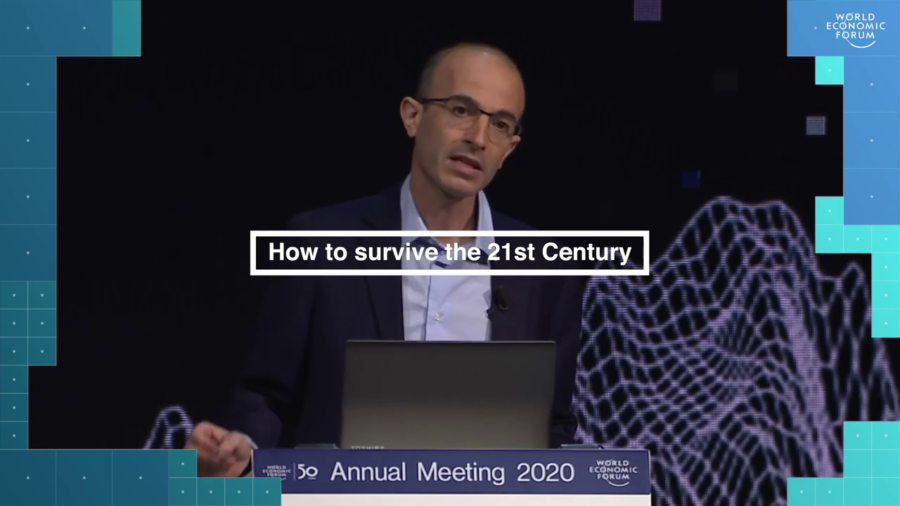
Of all the different issues we face, three problems pose existential challenges to our species. These three existential challenges are nuclear war, ecological collapse, and technological disruption. We should focus on them.

Meeting these different bots has just reinforced one thing: the images that you’re capturing, the online collections you’re sharing, just provide a foundation for all different ways of engaging your audience. The more accessible your content is, the more open the licenses you use, the more chance you’ve got of having your content used in new and different ways.
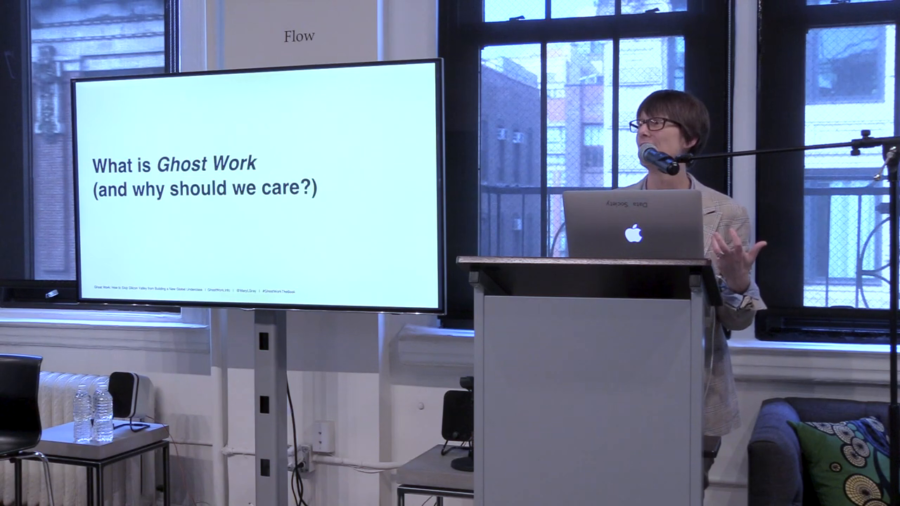
I’m just going to say it, I would like to completely blow up employment classification as we know it. I do not think that defining full-time work as the place where you get benefits, and part-time work as the place where you have to fight to get a full-time job, is an appropriate way of addressing this labor market.
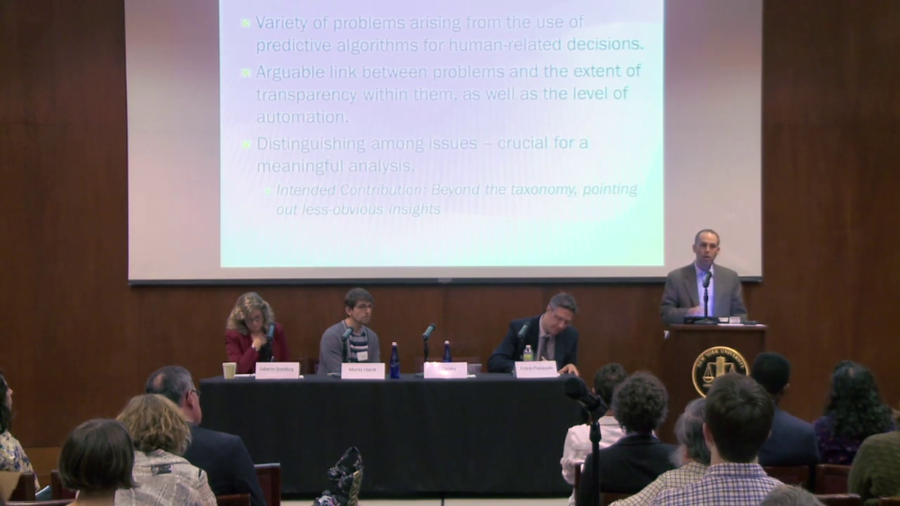
When you make a decision to opt for an automated process, to some extent you’re already by doing so compromising transparency. Or you could say it the other way around. It’s possible to argue that if you opt for extremely strict transparency regulation, you’re making a compromise in terms of automation.
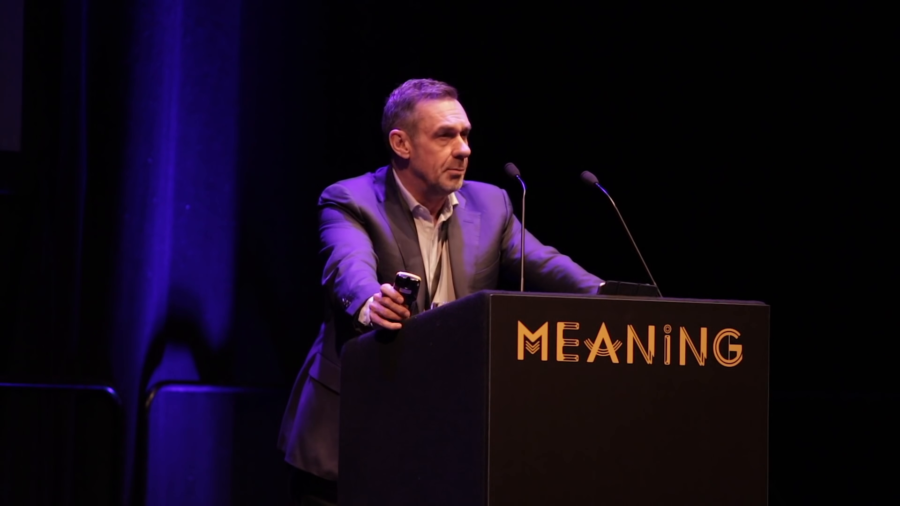
Neoliberalism is broken. The economic model of the last thirty years. It worked for a bit, dragged the bottom two thirds of the world’s population up the income scale dramatically, facilitated the tech revolution. But it’s stopped working.
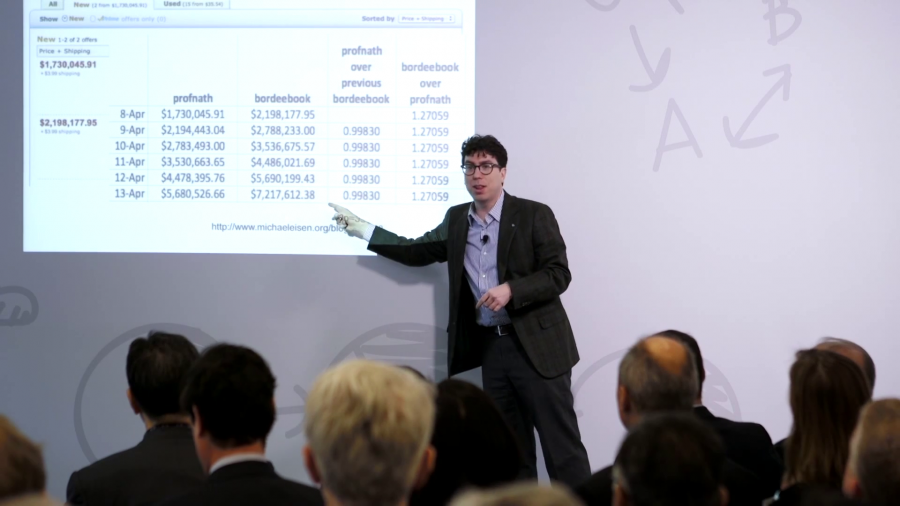
I want to think more broadly about the future of cyber state, and think about accumulations of power both centralized and distributed that might require transparency in boundaries we wouldn’t be used to.
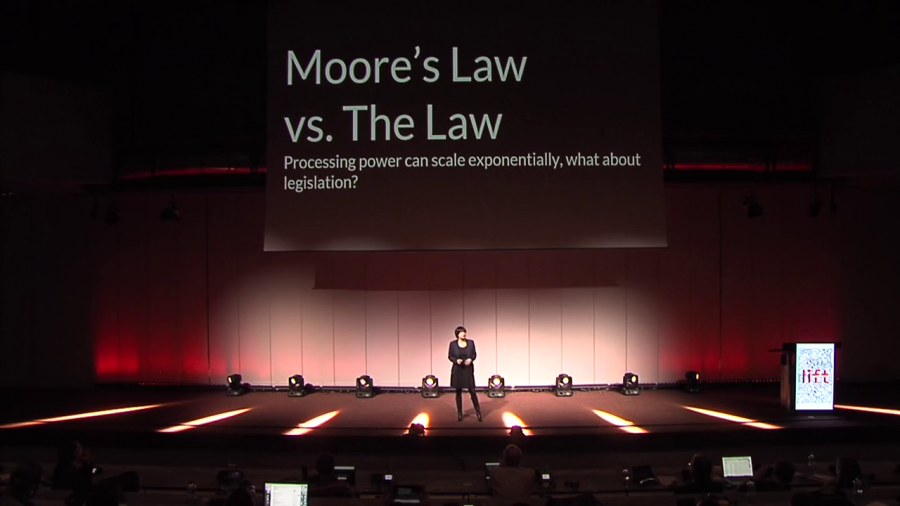
When we talk about technologies such as AI, and policy, one of the main problems is that technological advancement is fast, and policy and democracy is a very very slow process. And that could be potentially a very big problem if we think that AI could be potentially dangerous.
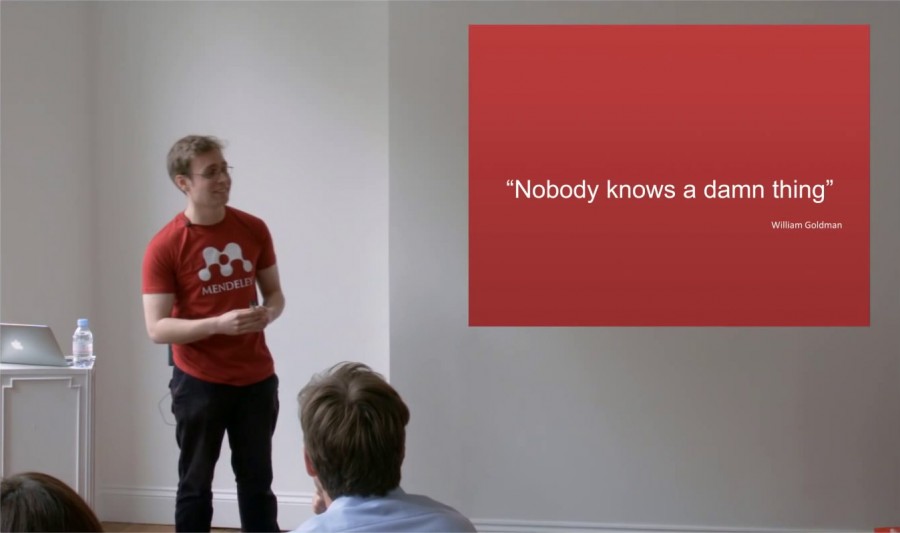
I’ve always been really interested in this idea of whether or not we can predict hits. You speak to anyone who works in the entertainment industry, and everyone has their was stories of that film they were sure was going to become a hit which somehow became a miss. There are niche films which appeal to everyone, and perhaps more likely, films that are designed to appeal to everyone which somehow appeal to no one.

